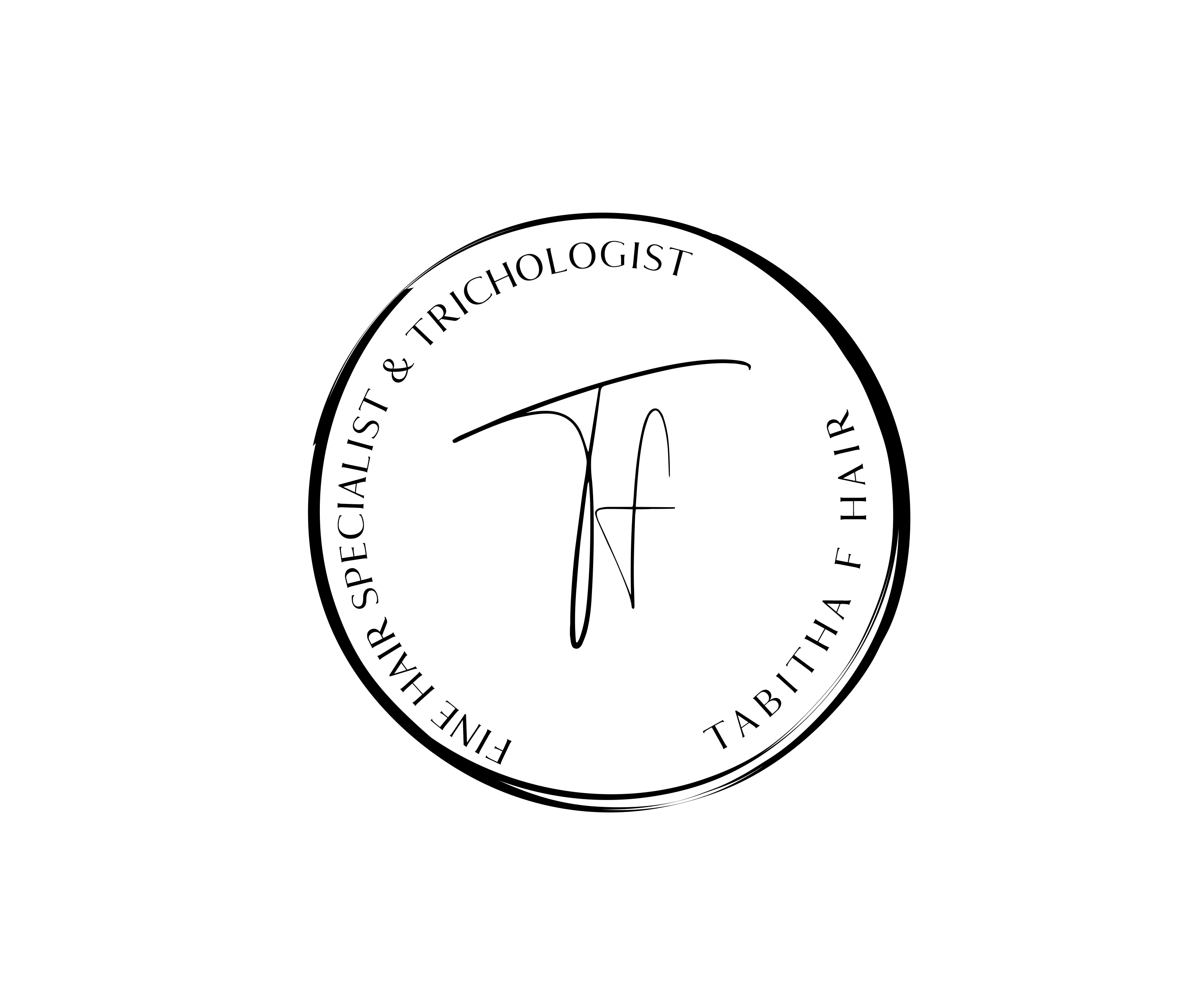Understanding the Difference Between Dry Flakes and Dandruff
- Tabitha Fredrichs

- Sep 29, 2024
- 3 min read

Let’s talk scalp. There’s a big difference between dry flakes and dandruff, and understanding that difference can change the game in your salon. As scalp health experts and hairstylists, it’s our job to know what’s going on with our clients’ scalps, and let’s be real—there’s -a lot- going on up there. So buckle up, because we’re going to break this down for you in a way that’s not only educational but also fun!
Dry Flakes vs. Dandruff: What’s the Difference?
Dry Flakes:
Dry flakes are just what they sound like—flakes that form because the scalp is dry. This can happen for a variety of reasons: using products that strip moisture, washing with hot water, or even over-shampooing.
Dry flakes are smaller and tend to fall out easily, often looking powdery or fine. You’ll notice they’re more prevalent in colder months when the scalp is more prone to drying out.
Dandruff:
Dandruff, on the other hand, is caused by an overproduction of Malassezia, a yeast that lives on the scalp. This yeast breaks down natural scalp oils, and for some people, this can cause irritation and an overproduction of skin cells, which results in larger, oily flakes that often cling to the hair or scalp.
Unlike dry flakes, dandruff is usually accompanied by itchiness and sometimes redness or irritation.
Why Avoid Harsh Dandruff Shampoos?
Here’s where it gets fun (and a little scary). Dandruff shampoos often contain harsh chemicals like zinc pyrithione, selenium sulfide, and coal tar, all of which can mess with your scalp’s natural balance and even your hormones. In fact, zinc pyrithione has been banned in some places (like Europe) due to concerns about its long-term safety and its impact on the environment.
As a Trichologist, I prefer the natural approach to treating dandruff and scalp issues, and here’s why: When you load the scalp with synthetic chemicals, you’re basically sending confusing signals to your body. Think of it as trying to fix a leak with duct tape—it might work for a while, but it’s not addressing the root cause. Plus, messing with the scalp’s microbiome can lead to more irritation and long-term issues.
The Natural Route to a Healthy Scalp
Now that we know what we’re dealing with, how do we fix it naturally? Enter the world of scalp-friendly solutions that don’t mess with your hormones or the planet.
- Tea Tree Oil: This powerhouse is anti-fungal and anti-inflammatory, making it a great option for tackling dandruff naturally.
- Aloe Vera: Known for its soothing properties, aloe can help calm an irritated scalp and keep it hydrated.
- Apple Cider Vinegar: This is the holy grail for balancing the scalp’s pH and fighting off unwanted yeast.
These natural treatments are not only effective, but they also support the body's natural processes rather than disrupting them.
Scalp Statistics (aka: There’s a Market for This!)
Did you know that 50% of the global population will deal with dandruff at some point in their lives? Yep, one in two people. That’s a huge market of people who need our help, and most of them are just trying to scratch (pun intended) the surface when it comes to scalp solutions.
Incorporating scalp health services into your salon isn’t just good for your clients—it’s a massive opportunity for you. Offering scalp assessments, treatments, and take-home products can set you apart from the crowd and keep your clients coming back for more. By creating customized scalp treatments, you’re not only providing a service but becoming a trusted authority in your clients’ hair and scalp health journey.
Making It Profitable for Your Salon
When you add scalp health treatments to your menu, you’re opening the door to a whole new stream of income. Clients are desperate for solutions that actually work and are less harmful. Imagine being able to offer an extra service like scalp analysis with a dermascope, where clients can see what’s going on beneath the surface of their hair—trust me, they’ll be intrigued!
And here’s the best part: Most salons don’t offer this! So you’ll not only be helping your clients with their scalp conditions, but you’ll also be the talk of the town for providing a service that’s hard to find anywhere else.
Dandruff and dry flakes may seem like small annoyances, but they represent a massive opportunity to help your clients and grow your business. By taking a natural approach and educating your clients on the difference between these two conditions, you’re positioning yourself as a scalp health expert in a sea of hairstylists. You’ll be making a real difference in your clients’ lives, all while improving your bottom line.
So, who’s ready to embrace natural scalp care and give clients the solutions they’re looking for—without all the harsh chemicals? Your clients (and their scalps) will thank you!
Wishing you good hair days and thriving businesses!
Tabitha





Comments